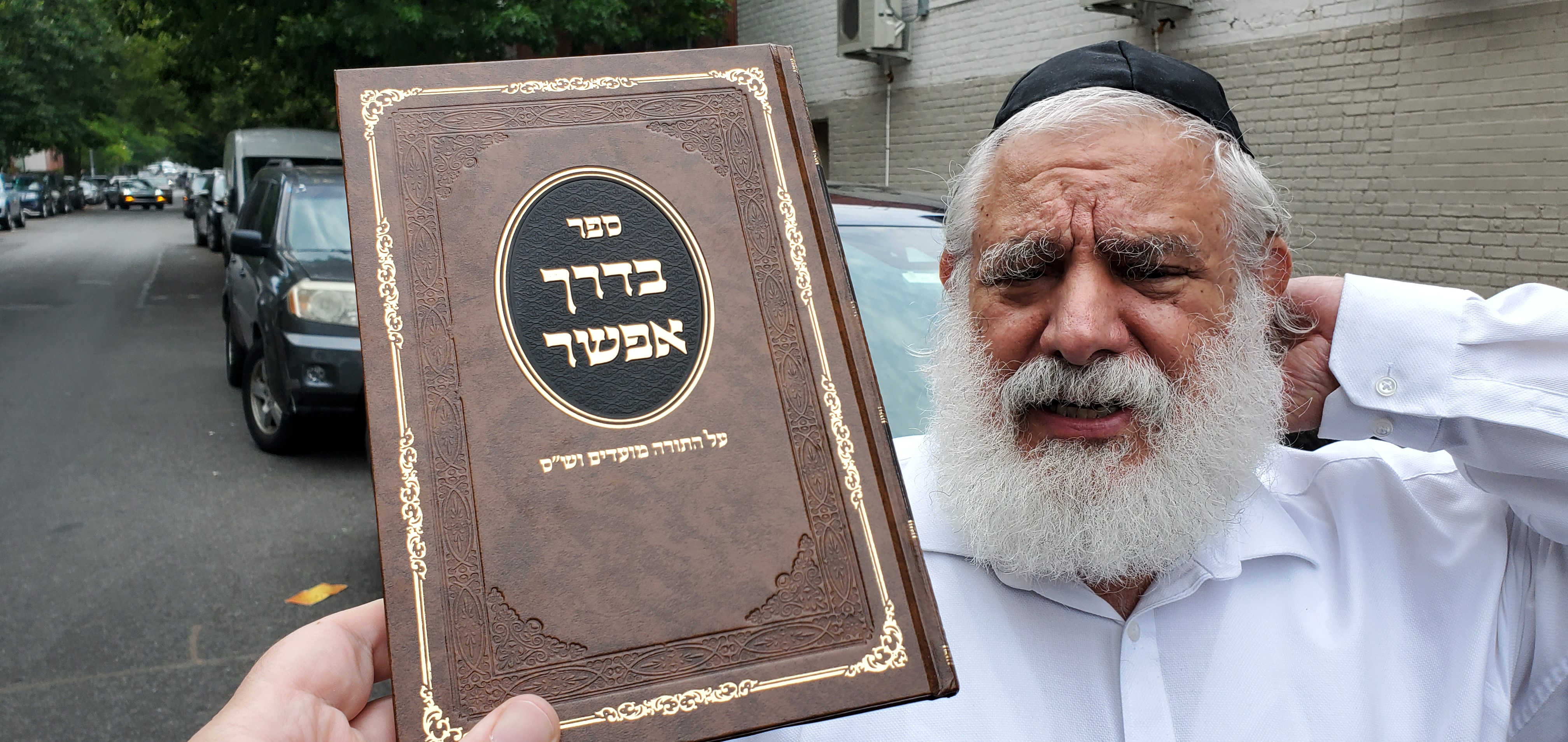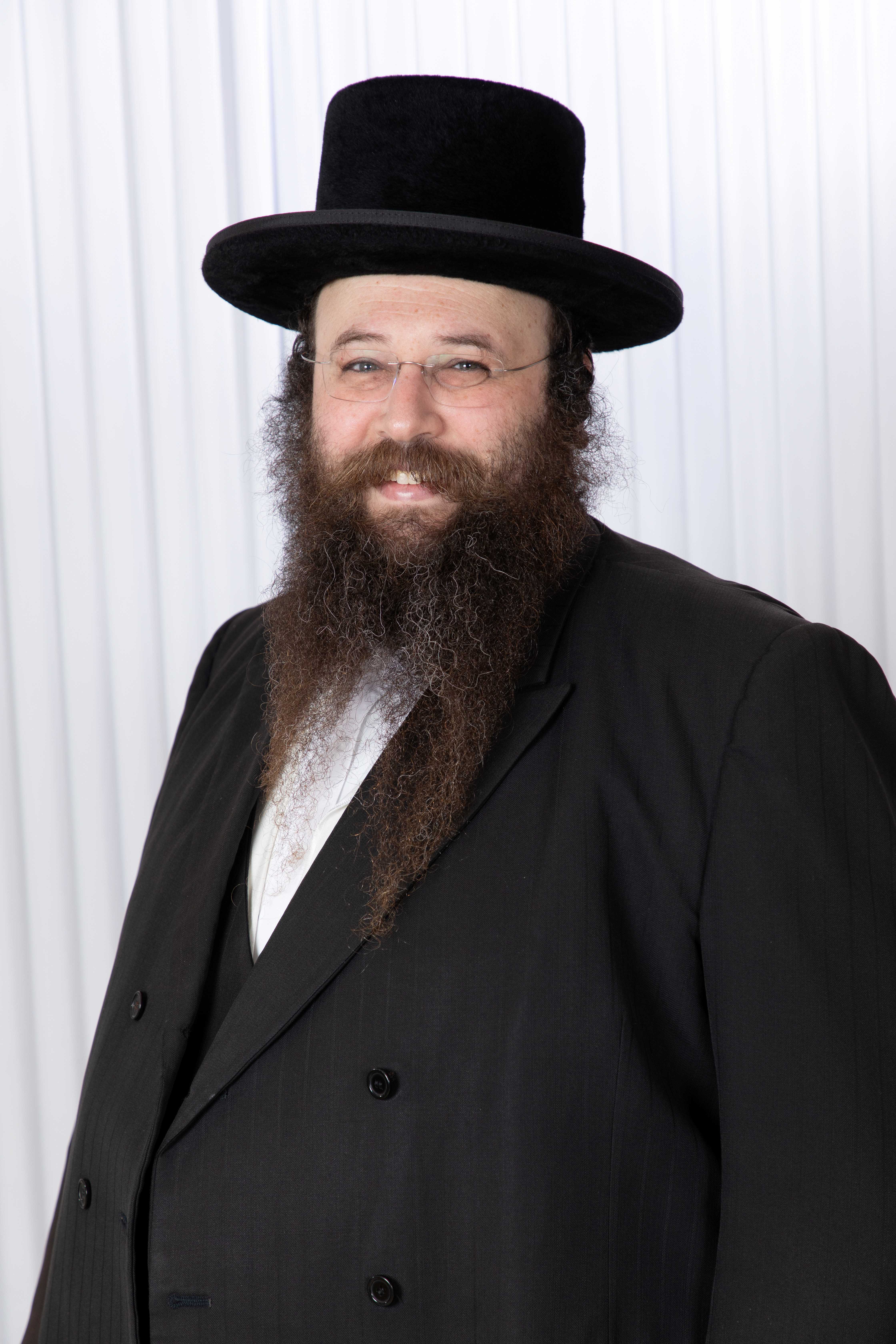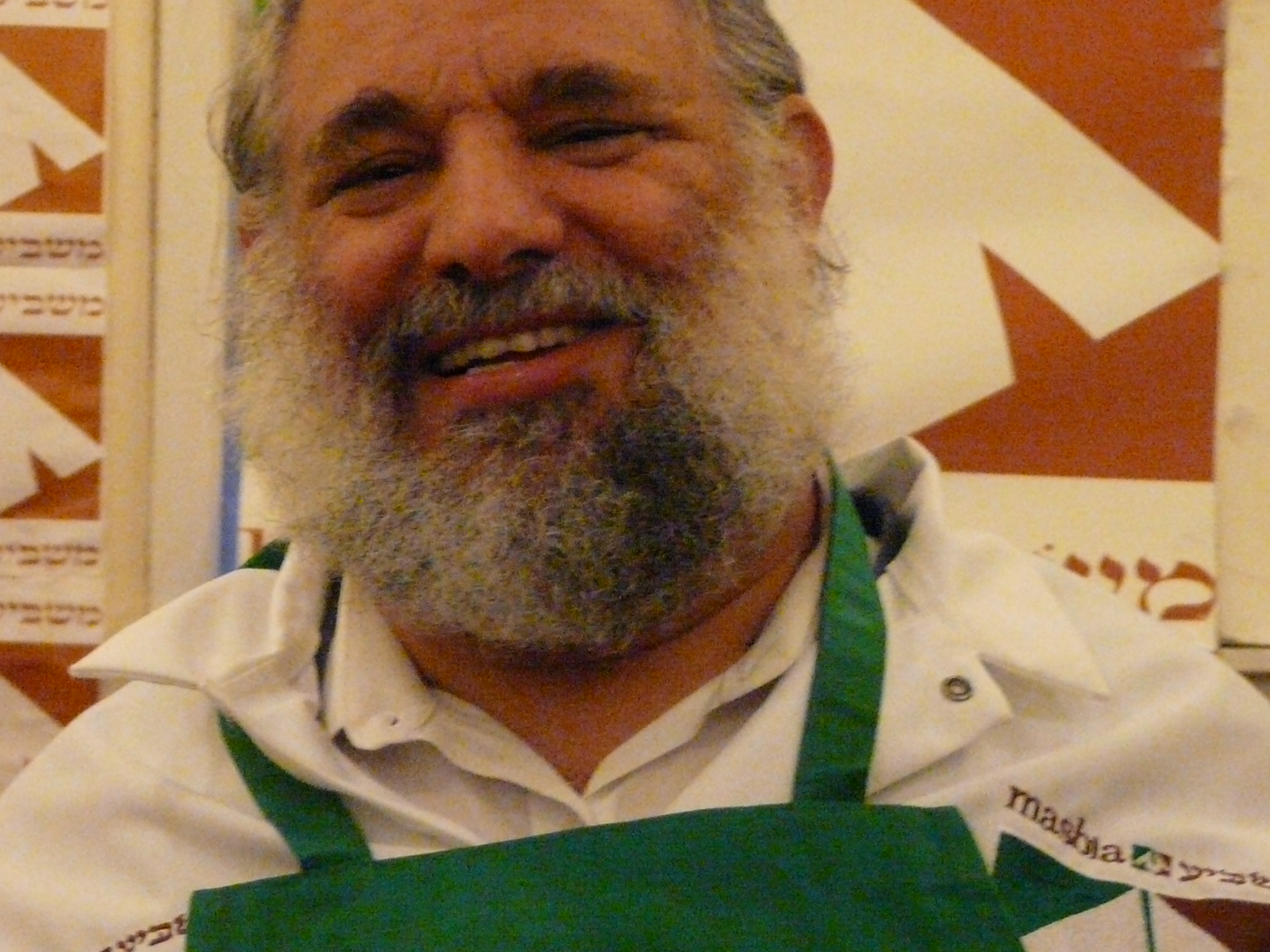Meet Our Founders:
Mordechai Mandelbaum, founder of Masbia, was born in New York in 1953 to parents who were both Holocaust survivors. His father, Yitzchak Yehuda Mandelbaum (belovedly known as Leibele), was from Krakow, and his mother, Sima Brucha Perlstein, came from Siget.
Raised in Boro Park as a Hasidic Jew, Mandelbaum attended Bobov Yeshiva. He later married Yitta Halberstam, the acclaimed author of Holy Brother, the Small Miracles series, and a regular columnist for Ami Magazine. He earned a license in social work, but he is best known for his hands-on approach to helping others.
Mandelbaum became widely recognized for his direct, person-to-person charity, often going to great lengths - even extreme measures - to assist those in need. For that reason, founding a formal charity organization was somewhat out of character for him; not because of the work itself, but because of its institutional framework.
In addition to his charitable work, Mandelbaum also authored a book of commentary on Parashat Hashavua and the Talmud, though he did so semi-anonymously, known mainly among friends. In a very humble way he named it in Hebrew "Bderech Efsher" (בדרך אפשר), which implies the author is proposing an interpretation, not asserting authority.
He and his wife are blessed with two sons and many grandchildren, who live in the greater New York area.
 Mordechai Mandelbaum.
Mordechai Mandelbaum.
Alexander Rapaport, co-founder of Masbia, was born in 1978, and is a media-savvy community activist. Rapaport grew up with parents and grandparents who often invited less fortunate guests to their Shabbos meals. He also grew up seeing the poor eating free food at local synagogues. The Boro Park marketing professional identified a need: Poor Jews were hungry but too proud to ask for aid.
Rapaport and Mordechai Mandelbaum studied Talmud together for many years and realized they both came from long traditions of taking care of people in need. Together they talked about how to find a more systematic way of feeding the hungry. Months of schmoozing turned into months of planning and in 2005 Masbia opened its doors as a free Kosher restaurant for the hungry. As director, Rapaport furnished the soup kitchen like a restaurant, and insisted on dignity because, as he told The New York Times, “People in our community don’t want to be seen going to a soup kitchen — it’s highly embarrassing.”
During the Great Recession, Rapaport opened more soup kitchens in Brooklyn and Queens turning Masbia into a Kosher soup kitchen network. Within a few years of opening, Masbia, Hebrew for “satiate,” was serving more than 2 million kosher meals a year. Rapaport also developed a secondary role for Masbia--to mobilize relief efforts in times of disaster and tragedy, such as Hurricane Sandy.
Masbia’s work has resulted in a lot of favorable coverage in the media such as NYT, WSJ, CBS news and much more. Rapaport was among those listed in 2010 as one of the “Forward 50” and featured in People Magazine in 2014. He has been quoted in dozens of news reports. He is also often quoted in articles on Orthodox Jewish culture and lifestyle.
Rapaport is a Talmid of Rabbi Moshe Y. Hager OBM of Viznitz yeshiva in Eretz Yisroel. During his time in yeshiva, he was in charge of publishing the chidushei torah and divrei torah of the rebbe z”l. As a young married man, he helped reinvigorate the Rebbe Meir Baal Hanes charity collection of Kollel Ahavas Yisroel V’Yerushalayim. He enjoys researching contemporary sugyos and sheilos with his boys. He lives in Boro Park with his wife and three of their seven children ka”h.
 Alexander Rapaport
Alexander Rapaport

